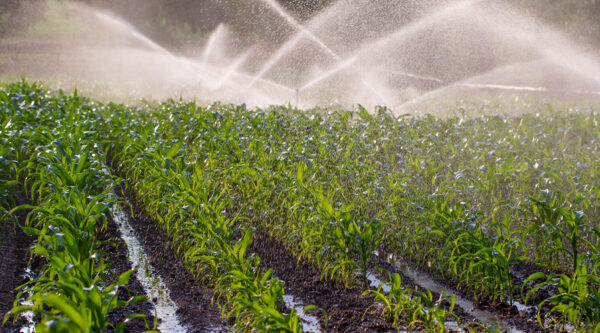

The energy crisis is impacting many of us. Whilst there is a price cap – £1,971 – £2,800 from October 2022 – this does not apply to all users. Such users include schools, churches, nurseries and playgroups, social groups for the elderly – many of which are registered charities – as well as the unemployed and disabled. There are serious concerns that services may have to be reduced with the pincer attack of rising fuel costs and falling income.
We understand that some schools are even considering reducing the number of school days due to the unaffordable costs associated with heating the whole school for five days. In 2019, King’s Heath primary school in Birmingham, along with 25 other schools in Birmingham reduced or considered reducing their week to four and a half days of teaching in response to rising fuel costs. This response ultimately results in children losing out on vital hours of learning, and less interaction with their friends and teachers.
27 major charities, including Tearfund and Greenpeace, wrote to the Prime Minister and former Chancellor earlier this year, calling for urgent responses to the energy crisis. Save the Children stressed that low-income families are struggling to meet basic needs such as clothing, food and warmth due to spiralling energy prices. As a result, individual families are having to rely on the services of food banks and family-based charities. This has triggered an overwhelming demand for support from these types of charities. Thus, volunteers are having to make difficult decisions on whether to reduce the amount of food provided to families and how to prioritise those most in need.
Similarly, care homes and Almshouses will have to re-evaluate their distribution of costs in line with the soaring energy prices. This may result in charging beneficiaries a higher price or cutting back elsewhere, impacting charities’ ability to deliver their charitable purposes.
Lower disposable income means fewer people will be willing to provide donations. As these are the primary income for most charities, this is likely to cause a devastating cash-flow crisis.
What can charities do to manage this issue?
- Ensure that you have told your energy supplier that you are a charity and that you may qualify for a reduced 5% VAT rate along with an exemption from the Climate Change Levy (CCL). The CCL exemption applies to charities, care homes, schools, student accommodation, boarding houses and holiday accommodation
- Revisit and replan your priority list and ensure that it enables you to help the people most in need first
- Consider downsizing or reducing services in the short-term in order to survive in the long-term
- Target fundraising in different ways with higher potential for return
- Review whether any grants are available from government or from larger grant making charities. For example, Ofgem Energy Industry Voluntary Redress Scheme awarded more than £3.9 million in grants, in January 2022 to 20 charities across England, Scotland and Wales.
In summary, the energy crisis has had alarming consequences on wider society, and in turn, more people need help from charities which soon may not have sufficient resources to meet demand.
Charities have also been directly affected by their own bills increasing. Everyone must adapt to survive this crisis, and sadly, there will be many charities which will struggle to operate or survive the increase in energy and fuel prices.
If you would like to discuss ways in which your charity might cope with this crisis, please do get in touch with our Charities Team.










